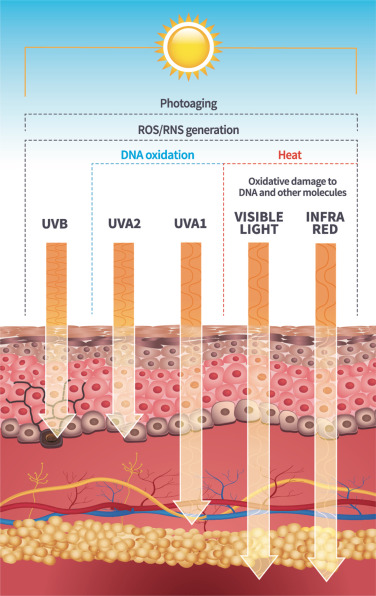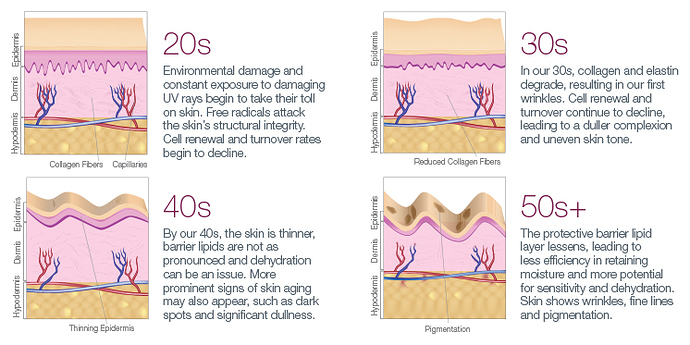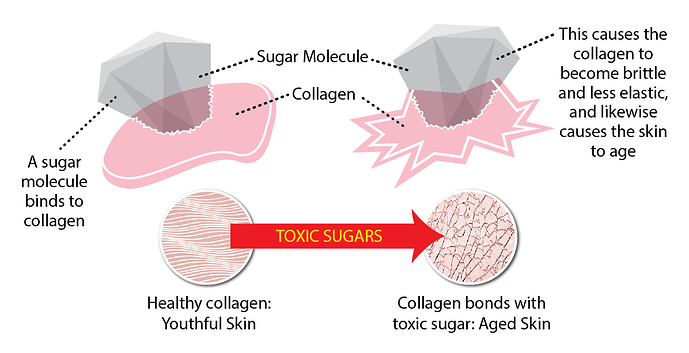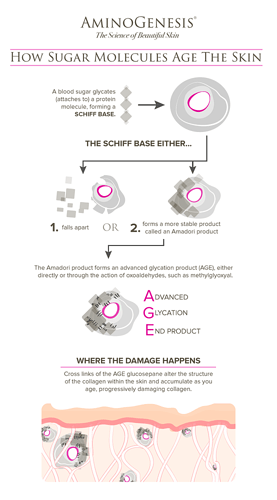Hi All. Can anyone point me to a link, or two, that addresses the correlation between Ketosis and sunburn resistance? Science-based, not just personal experiences. Thanks!
Ketosis and Sun Burn Resistance
This isn’t scientific proof of the mechanism(s) involved but it sure sounds plausible to me.
Youm et. al reported their findings in Nature Medicine that beta-hydroxy
butyrate, a ketone body which naturally circulates in the human body,
specifically suppresses activity of the NLRP3 inflammasome (7). NLRP3
inflammasome serves as the activating platform for the interleukin IL-1B (7).
Abberant and elevated IL-1B levels cause or are associated with a number of
dermatologic diseases; namely, the autoinflammatory syndromes (Familial
Cold Autoinflammatory Syndrome, Muckle-Wells Syndrome, NeonatalOnset Multisystemic Disease/Chronic Infantile Neurologic Cutaneous
Articular Syndrome), Hyper IgD with periodic fever syndrome, TNF-receptor
associated periodic syndrome, Juvenile Idopathic Arthritis, Relapsing
Polychondritis, Schnitzler’s Syndrome, Sweet Syndrome, Behcet’s Disease,
gout, sunburn and contact hypersensitivity, hidradenitis suppurativa, and
metastatic melanoma (8). Clearly, the ketogenic diet may be employed in
a therapeutic manner (though to what degree, we need further study) for
these dermatologic conditions based on the interaction with the NRLP3
inflammasome and IL-1B.
A high-fat diet also aids in the production of Vitamin D, which is made out of cholesterol in the skin. That and the reduced inflammation help greatly to protect against sun exposure.
It also has to do with the changes in your skin as it’s replaced every few months. The inflammatory overconsumption of omega6 in vegetable oil is eliminated and replaced with saturated fat, healthy omega6 and higher omega3 while eating keto. Your skin will begin to have more tolerance to sun radiation because of proper healthy skin. We were designed to be able to be in the sun for hours.
This is not a reference to keto but addresses higher omega3 ratios helping prevent melanomas. I think this naturally occurs on keto because we eat more saturated fat instead of vegetable oil and our omega3 rises pushing things into a proper ratio. I hope this is helpful.

Sun Burn Resistance might depend on how much melanin is in the skin, and sugar that is in the diet long-term because the more sugar you eat the more likely it is going to become part (glycation) of your skin on a molecular level leaving the skin more susceptible to cosmic radiation damage and too much omega 6 in the diet and not enough omega 3’s with trans fats increasing the damage of sun exposure:
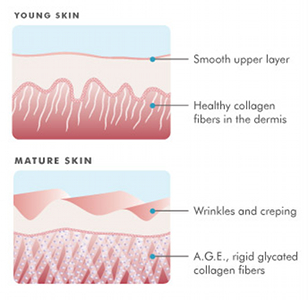
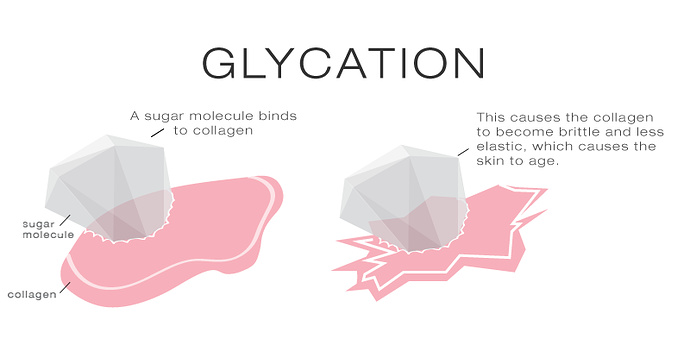
I had two questionable spots frozen recently from sun damage. I have virtually no scaring and am amazed. In the past, you could tell where spots were removed. So many wonderful benefits.
Vitamin A and Vitamin E are two fat soluble vitamins that are prescribed by skin specialist doctors and applied topically to treat sun damaged skin. In many cases the medications are applied to help reduce further progression from UV radiation damage to skin cancer. Vitamin A analogs are used in many anti-wrinkle creams.
Working with this information about fat soluble vitamins may be halpful in triangulating the root cause of the sun burn resistance of a low carbohydrate diet higher in healthy fats.
Vitamin B3 importance in post non-melanoma skin cancer.
And the benefits of a high healthy fats diet, with scientific references for sun skin damage mitigation.
I think, an excellent lecture.

